Skip over navigation
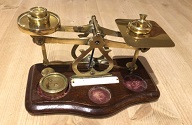
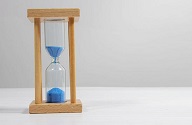
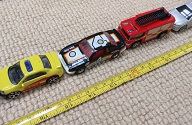
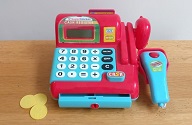
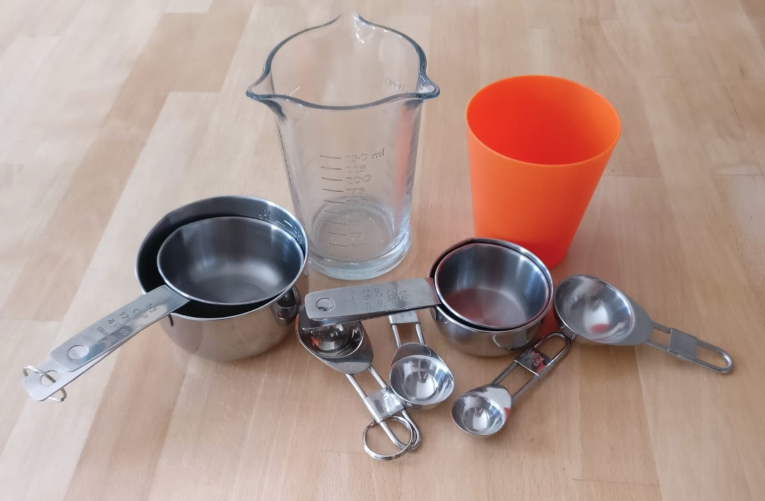
Or search by topic
Number and algebra
Geometry and measure
Probability and statistics
Working mathematically
Advanced mathematics
For younger learners
Calendar Muddle
Age 3 to 5
Ordering familiar events
Talking about days of the week and calendars
Talking about days of the week and calendars





Children often enjoy keeping track of events with visual timetables and calendars.
Adults could take photos of regular events during the day with the children to make a timetable with removable pictures.
The Activity
When the children are familiar with the timetable, take all the pictures off and ask the children to help you put them back in order. Then muddle them up and ask them to help you sort them out.
When the children are familiar with the timetable, take all the pictures off and ask the children to help you put them back in order. Then muddle them up and ask them to help you sort them out.
Encouraging mathematical thinking and reasoning:
Describing
All the pictures have come off. Can we put on all the activities in order? What do we do first? Which activity do we do first/next/after.../before...?
What day comes after today? Will it be yesterday/tomorrow?
What day comes after/before Tuesday?
How many sleeps is it until the weekend/our outing?
All the pictures have come off. Can we put on all the activities in order? What do we do first? Which activity do we do first/next/after.../before...?
What day comes after today? Will it be yesterday/tomorrow?
What day comes after/before Tuesday?
How many sleeps is it until the weekend/our outing?
Reasoning
How do you know that goes there?
First we have lunch, then we wash our hands. Oh, isn’t that right? Why not? Is it right that we go home at the beginning of the day?
Invite children to make up ‘silly’ sequences and explain why they are silly.
What things would you like to do in a day? In what order and why?
How do you know that goes there?
First we have lunch, then we wash our hands. Oh, isn’t that right? Why not? Is it right that we go home at the beginning of the day?
Invite children to make up ‘silly’ sequences and explain why they are silly.
What things would you like to do in a day? In what order and why?
Opening Out
Can we start at home time and work backwards? Can we put the days of the week in order, but start with... Tuesday?
Our duck eggs will take a week to hatch – when will that be?
Can we start at home time and work backwards? Can we put the days of the week in order, but start with... Tuesday?
Our duck eggs will take a week to hatch – when will that be?
Recording
Can you take photos and make your own timetable?
What would your favourite day look like from getting up to going to bed?
Can you find a way to record how many sleeps it is up to your birthday, to show your friends?
How can we record how long our duck eggs will take to hatch so that we remember?
Can you take photos and make your own timetable?
What would your favourite day look like from getting up to going to bed?
Can you find a way to record how many sleeps it is up to your birthday, to show your friends?
How can we record how long our duck eggs will take to hatch so that we remember?
The Mathematical Journey
Counting and cardinality:
- counting for a purpose
- cardinal principle – the last number you say tells you how many
Number symbols:
- recognising numerals e.g. numbers on a clock, birthday date on the calendar
Measures – time:
- using the vocabulary of 'before', 'after', 'next' and times of the day e.g. afternoon, lunchtime, 3 o’clock
- measuring the duration of time in days or 'sleeps'
Development and Variation 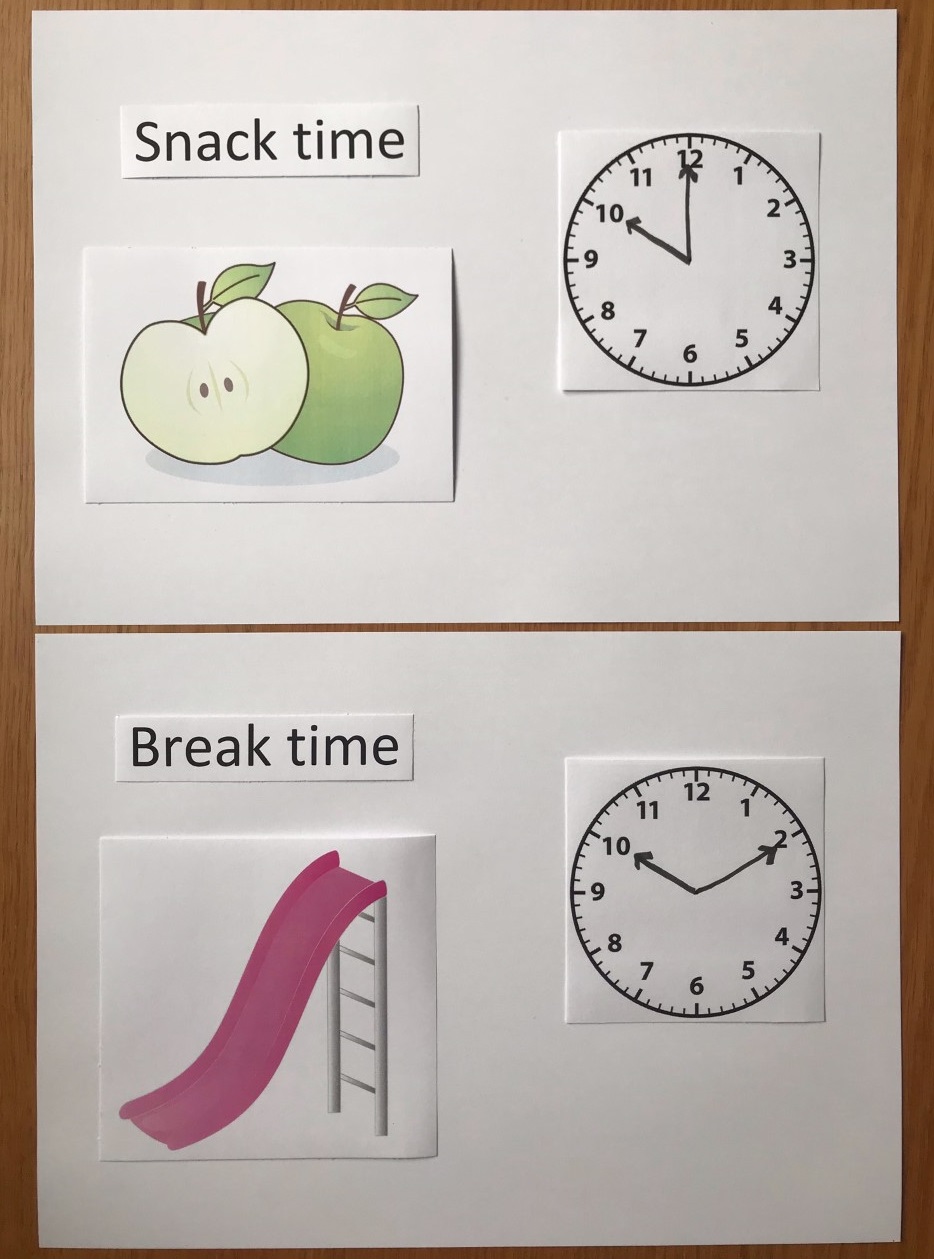
Use other events for ‘countdowns’ on the calendar e.g. children’s birthdays, celebrations, holidays.
Use growing things to predict when things will happen e.g. seeds germinating, sunflowers appearing.
Mix up photos of sequences, such as cooking or craft activities and ask children to put them in the right order; make pictorial concertina books of instructions to refer to.

Use other events for ‘countdowns’ on the calendar e.g. children’s birthdays, celebrations, holidays.
Use growing things to predict when things will happen e.g. seeds germinating, sunflowers appearing.
Mix up photos of sequences, such as cooking or craft activities and ask children to put them in the right order; make pictorial concertina books of instructions to refer to.
Resources
- Photos or pictures of daily events.
- Tape and velcro to attach pictures.
- Paper and sticky tape for making concertina books of instructions.
Download a PDF of this resource.
Acknowledgement: Helen J Williams; Eastwood Nursery School


